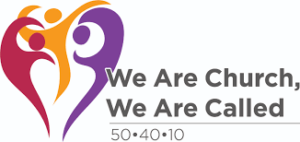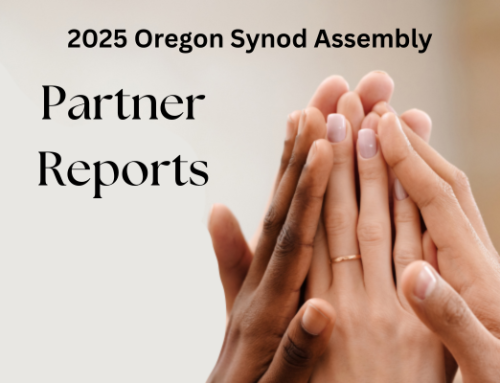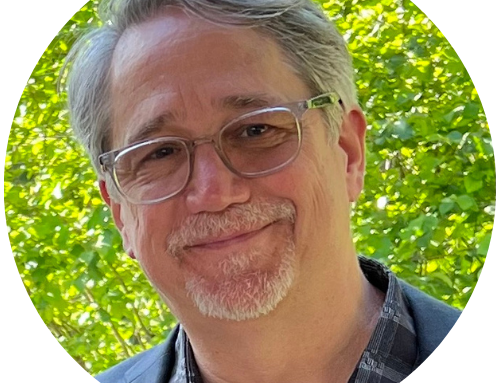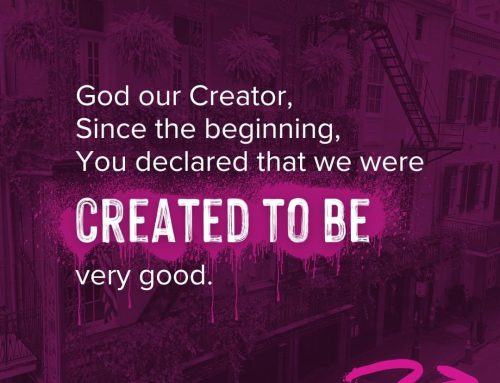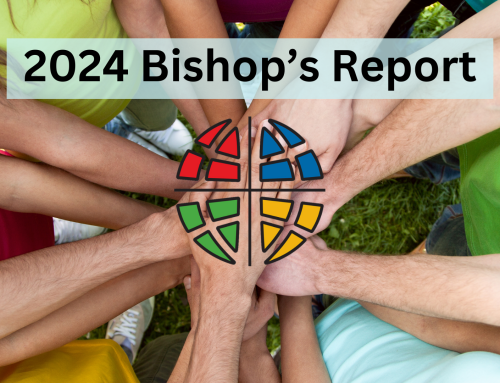2020 marks the 50th anniversary of the ordination of women in the ELCA, the 40th anniversary of women of color, and the 10th anniversary of LGBTQ+ siblings.
It’s an incredibly important marker for the ELCA, though it is only the beginning for the Church, as women are still denied ordination across the denominations and hold less than 15% of the leadership positions in the worldwide church! Therefore, in 2020, we in the Oregon Synod will highlight one woman from Christian history every week. Some you may know, others you may not, but all worthy of our respect and gratitude.
#7 Jarena Lee
In 1819, Jarena Lee was the first woman authorized to preach in the African Methodist Episcopal (AME) Church. She was also the first African American woman to have an autobiography published in the United States, “The Religious Experience and Journal of Mrs. Jarena Lee.” She was not raised in a religious household, but rather came to her Christian beliefs through her own mental health struggles and the solace she found after many hours of prayer. After her own conversion experience she began to hear the call to go and preach the Gospel. The only problem being–at this time–women did not preach the Gospel. Having joined the AME church, Jarena went to it’s founder, Richard Allen, and told him of her call. He rebuffed her for her gender. Jarena married another AME pastor, Joseph Lee, who also dissuaded her from preaching the Gospel and for eight years these two men kept her from her call (Joseph until his death). But one Sunday in 1817, Jarena stood up during a worship service and began to preach. On hearing her, Bishop Allen had a change of heart and publicly affirmed her call to preach the Gospel – making her the first African American woman to preach the Gospel publicly. Jarena became an itinerant preacher, traveling thousands of miles on foot. She preached to racially mixed Protestant audiences across the United States and Canada, all at a time when slavery was still legal and neither African Americans nor women could own property or vote. She was part of the peak of the movement we call the Second Great Awakening, which included the idea that African Americans and women could preach.

